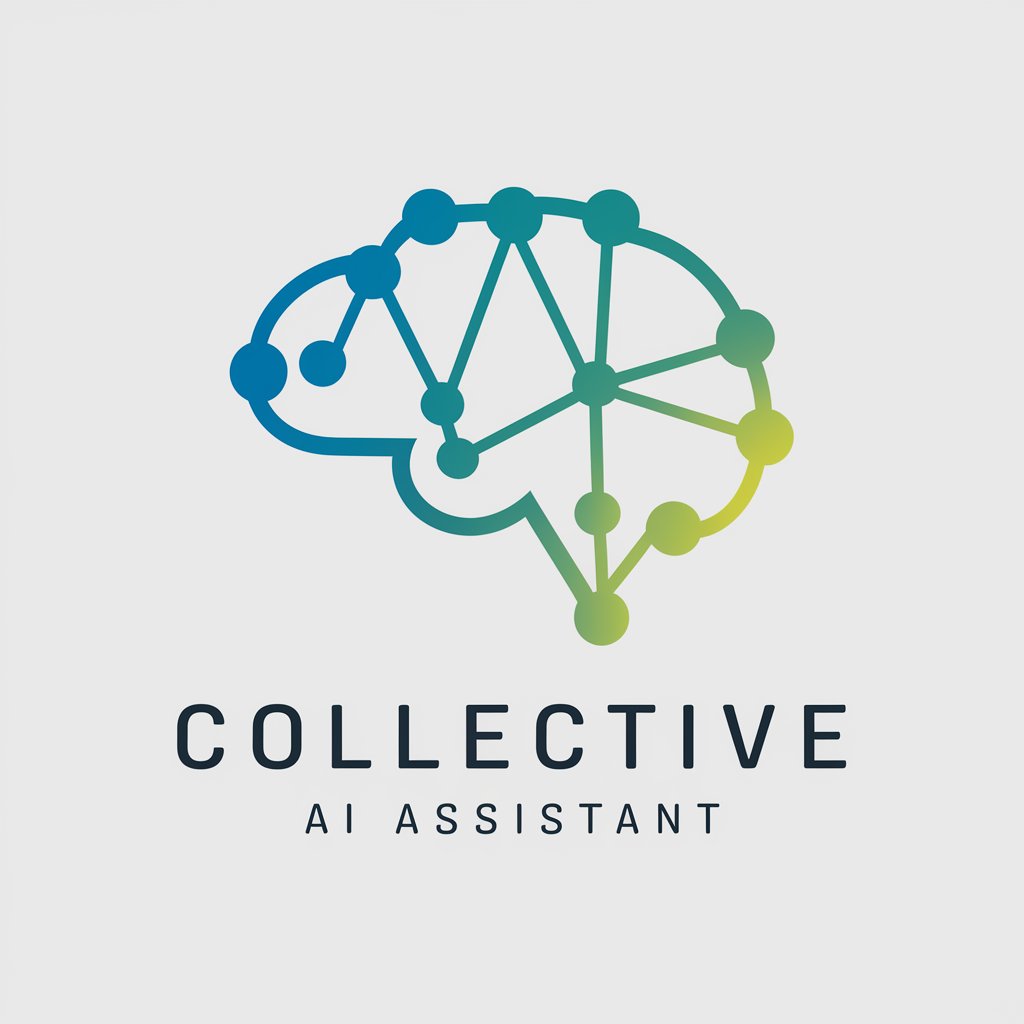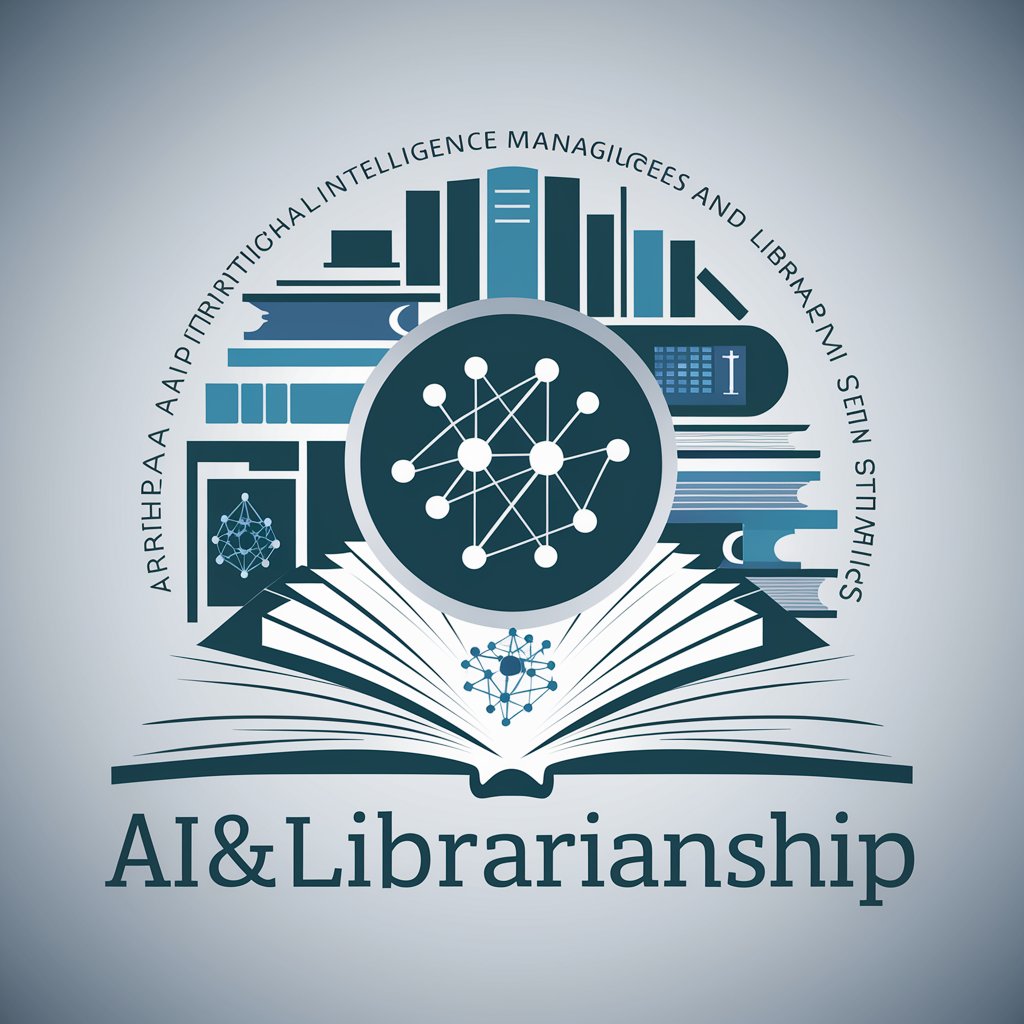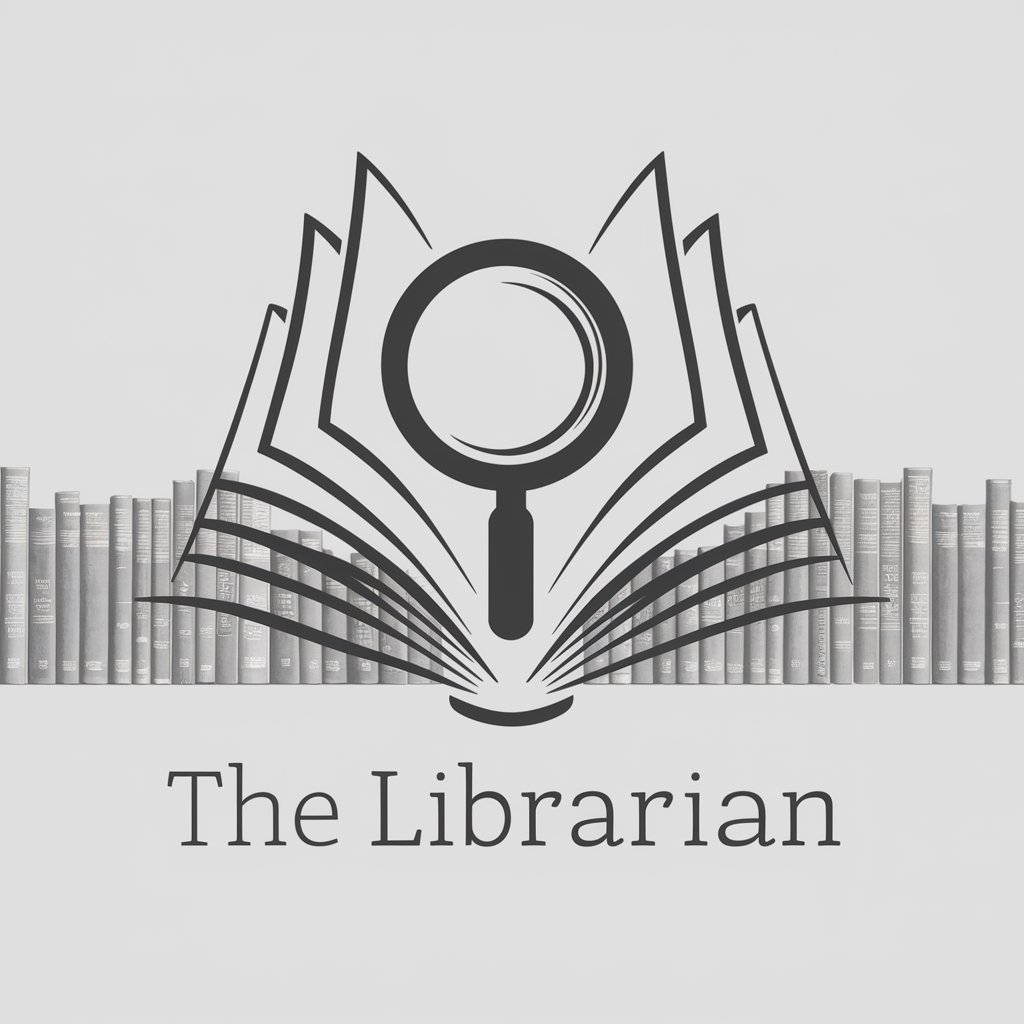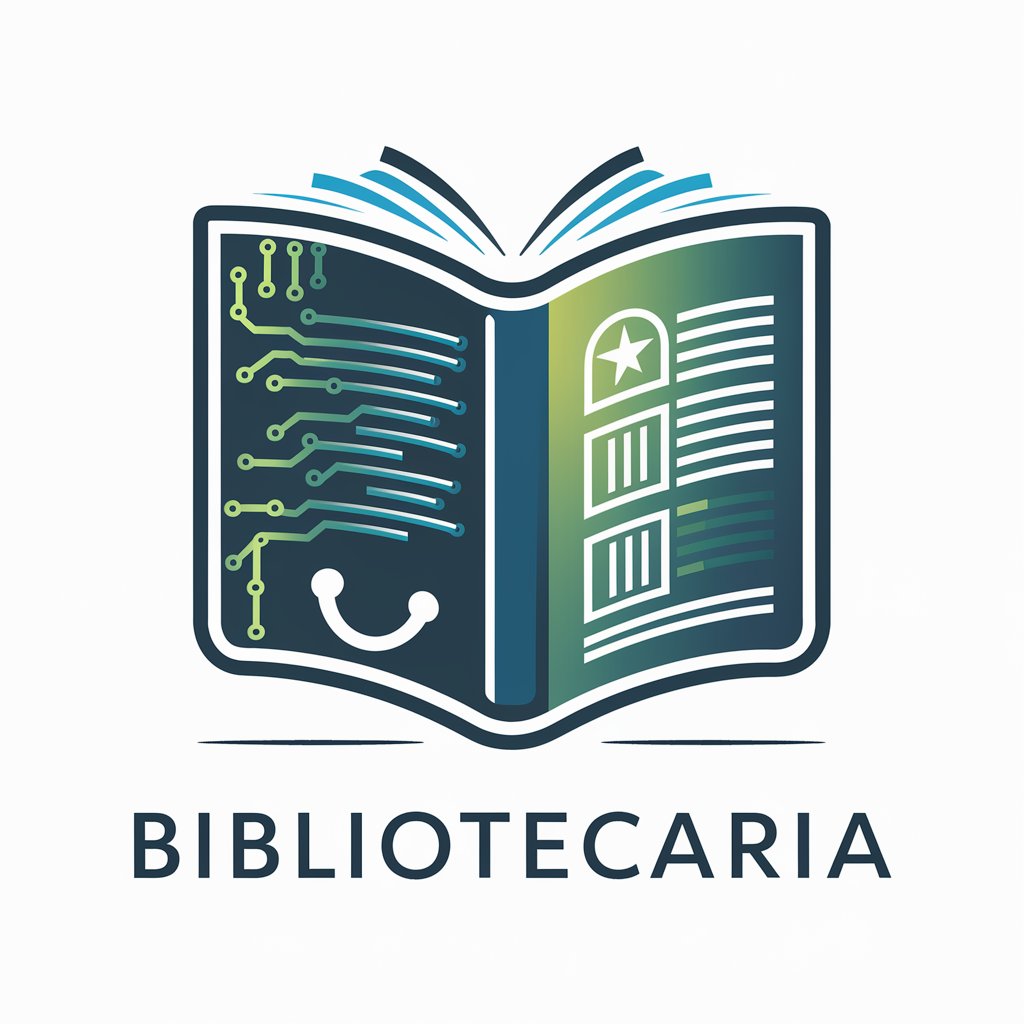
Library Science - Access to Library Science Expertise
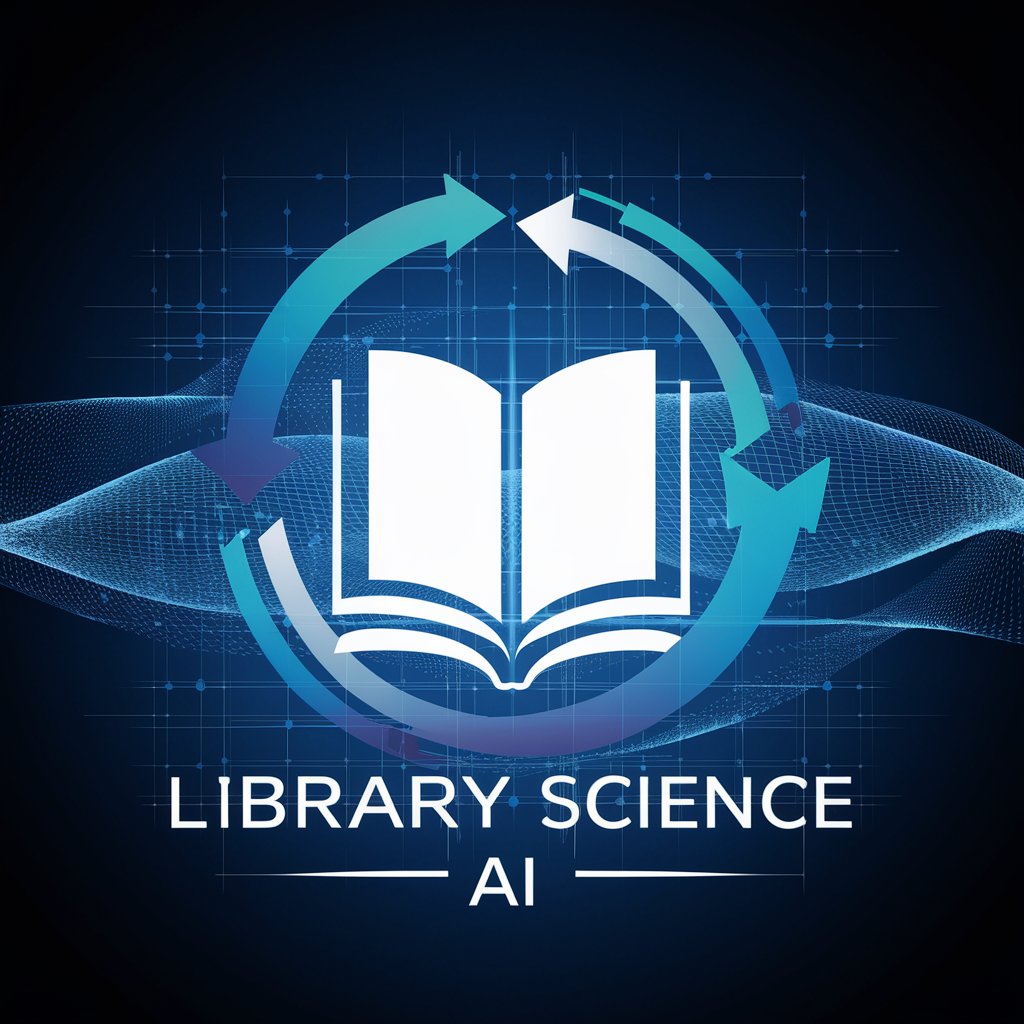
Welcome! How can I assist with your library science needs today?
Empowering Information Management with AI
Can you explain the key principles of information organization in library science?
What are the best practices for digital archiving in modern libraries?
How can libraries effectively manage and disseminate scholarly resources?
What strategies can be used to enhance user engagement in library services?
Get Embed Code
Introduction to Library Science
Library Science is a field that encompasses the practices, perspectives, and tools of managing, organizing, and disseminating information. It integrates key aspects such as collection development, cataloging, information retrieval, and user services. Library Science is rooted in a commitment to facilitate access to information, promote literacy, and support research and learning. For instance, in an academic library, the science is applied through systematic organization of scholarly journals and providing research assistance to students and faculty. In public libraries, it might involve curating diverse collections to meet community needs and conducting literacy programs. Powered by ChatGPT-4o。

Main Functions of Library Science
Information Organization
Example
Developing a cataloging system using the Dewey Decimal Classification
Scenario
In a public library, this system enables patrons to easily locate books and resources.
Collection Development
Example
Acquiring resources aligned with user needs
Scenario
An academic library purchasing the latest scientific journals to support current research areas.
Reference and Information Services
Example
Providing research assistance
Scenario
A librarian assists a user in finding academic sources for a thesis.
Digital Information Management
Example
Creating and managing a digital repository
Scenario
A library digitizes rare manuscripts, making them accessible online globally.
Preservation and Conservation
Example
Implementing archival storage techniques
Scenario
Preserving historical documents in a special collections department.
Ideal Users of Library Science Services
Students and Academics
They benefit from access to scholarly materials, research assistance, and study spaces.
General Public
Public libraries provide access to a wide range of information, recreational reading, and community programs.
Researchers
Specialized libraries offer access to rare, scholarly, and technical resources, aiding in advanced research.
Professionals
Many rely on libraries for continued learning, professional development resources, and industry-specific information.

Utilizing Library Science Effectively
Initiate Exploration
Begin by exploring the capabilities of Library Science without the need for an account or subscription. Access is available at no initial cost for a trial period.
Identify Your Needs
Determine the specific information management or library-related challenges you face. This could range from cataloging and classification to digital archiving and public services.
Leverage Academic Resources
Utilize the tool's access to academic databases and scholarly resources to enrich your research, studies, or library management strategies.
Apply Best Practices
Incorporate Library Science principles and practices into your workflow to improve information organization, access, and dissemination within your institution.
Continuously Learn
Stay updated with the latest trends and developments in library science by engaging with the tool's regularly updated content and resources.
Try other advanced and practical GPTs
Go Smile GODmode
AI-powered Dental Clinic Success

Patio
Design Your Dream Patio with AI

Marketing Master
Elevate Your Marketing with AI Insight

Pisces
Empowering Pisces with Astrological Wisdom

Analista de Dados Insight
Empowering Decisions with AI-Powered Insights

Grammar exercise maker
AI-powered Grammar Training Tool

Vegetarian
Empowering Your Plant-Based Journey

Naija Law Guide
Empowering Legal Understanding with AI

戦国マッチ
Discover Your Sengoku Counterpart

Pets
Empowering pet owners with AI-driven guidance

Forum Echo
Simulate vibrant discussions, powered by AI

Maabtik nga Inhenyero
Empower your creativity with AI.
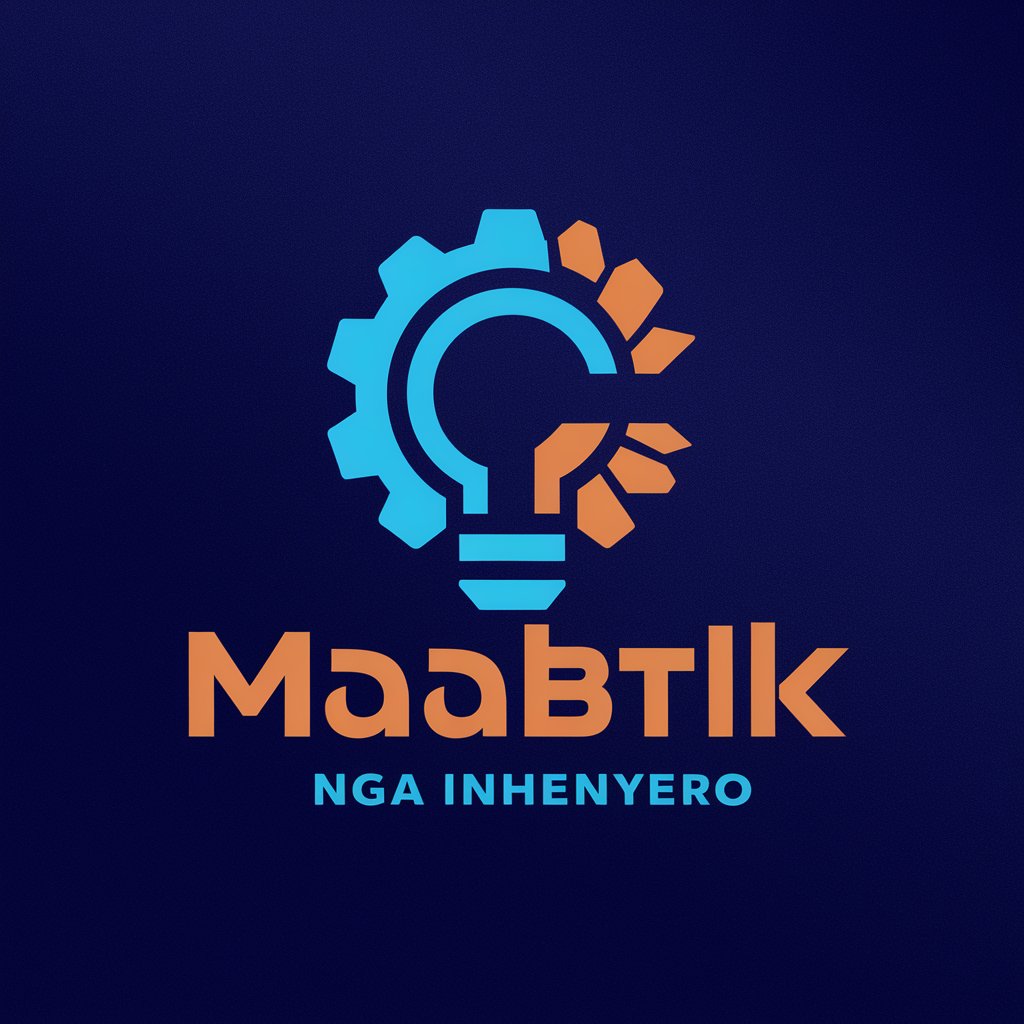
Frequently Asked Questions about Library Science
What is Library Science?
Library Science is an interdisciplinary field that focuses on the management, preservation, and dissemination of information and resources. It encompasses various aspects such as cataloging, archiving, information technology, and user services.
How can Library Science improve information access?
Through the application of cataloging standards, digital technologies, and user-centered services, Library Science enhances the discoverability and accessibility of information, making it easier for users to find and utilize resources.
What role does digital archiving play in Library Science?
Digital archiving is crucial in preserving digital content for future access. It involves the use of strategies and technologies to store, preserve, and manage digital resources, ensuring their longevity and accessibility.
How does Library Science support academic research?
Library Science supports academic research by providing access to scholarly databases, facilitating information literacy instruction, and offering services that help researchers locate, evaluate, and use information effectively.
Can Library Science help with data management?
Yes, Library Science plays a key role in data management by offering methodologies for organizing, storing, and retrieving data efficiently. It aids in the implementation of data management plans and ensures compliance with data preservation standards.
